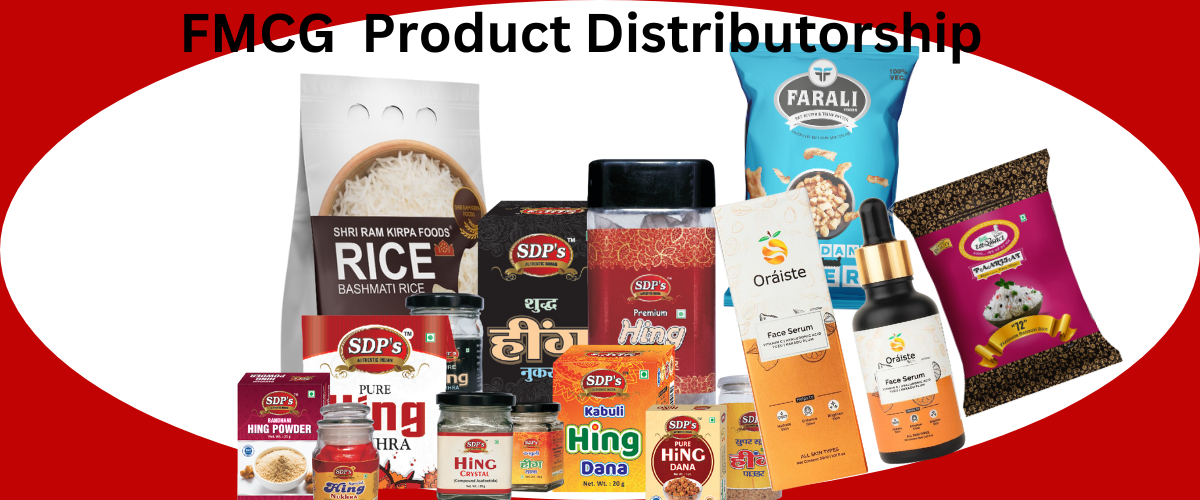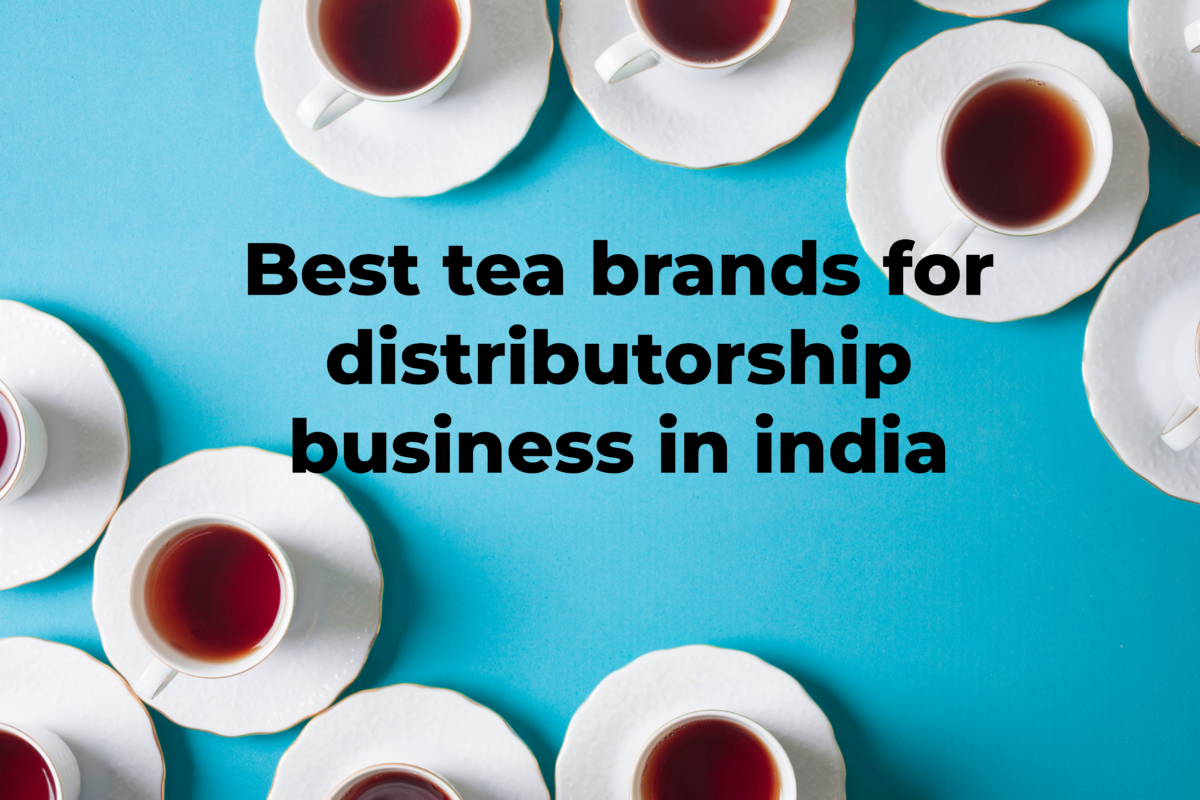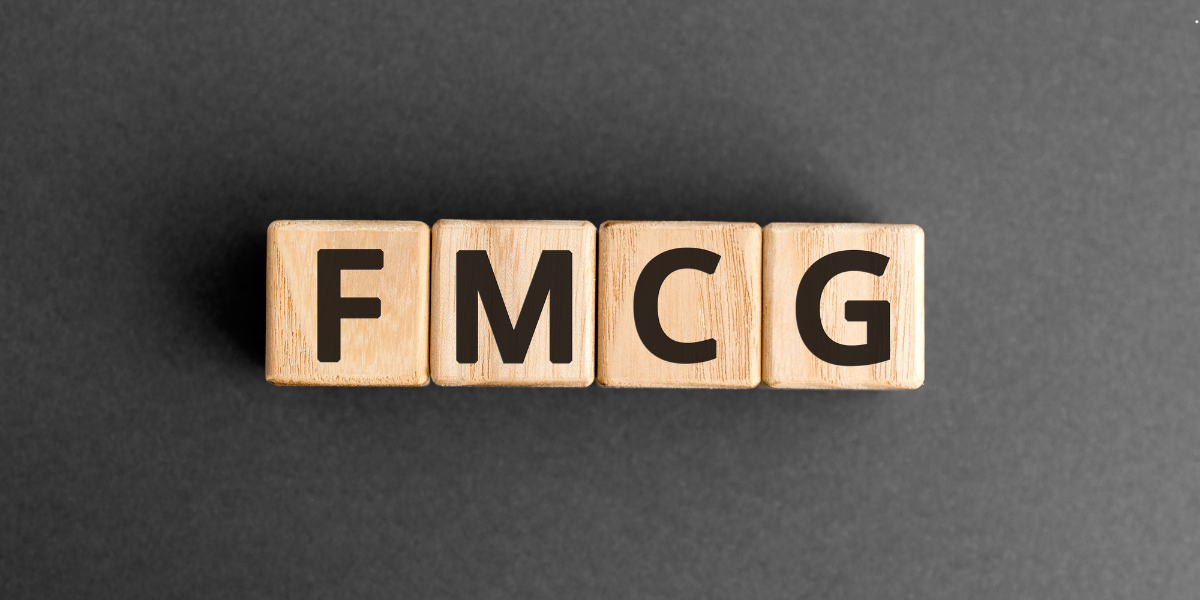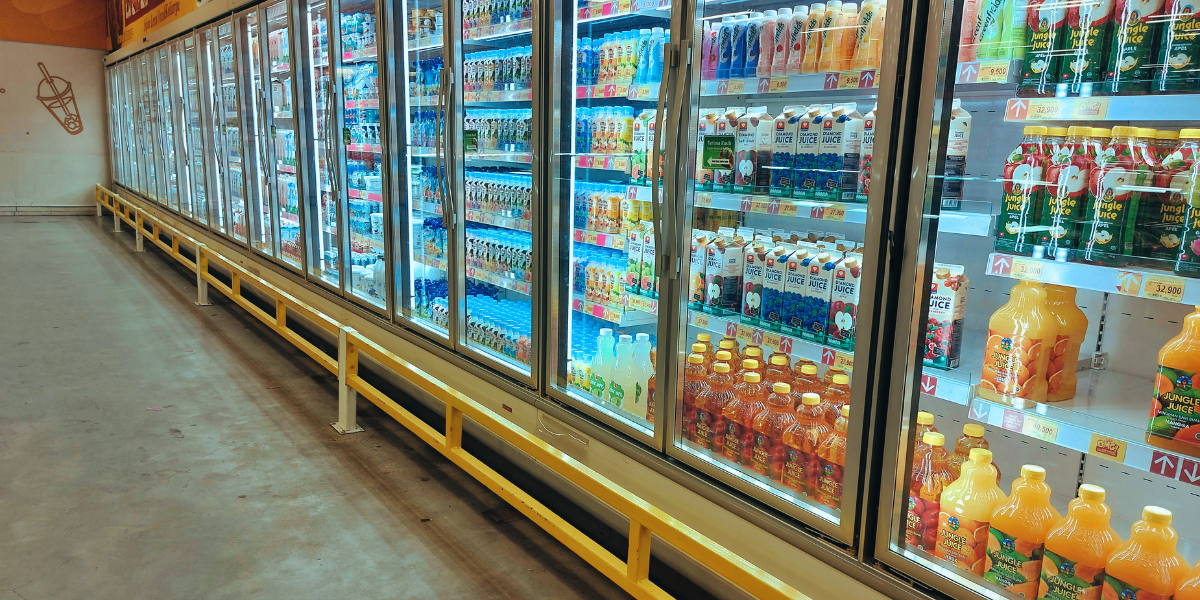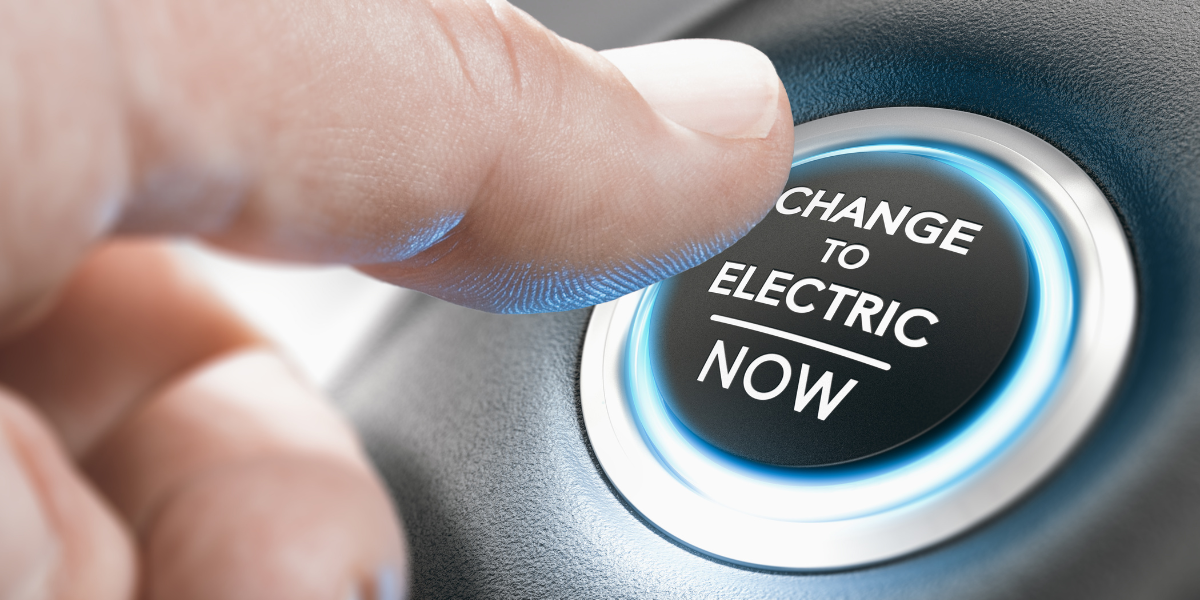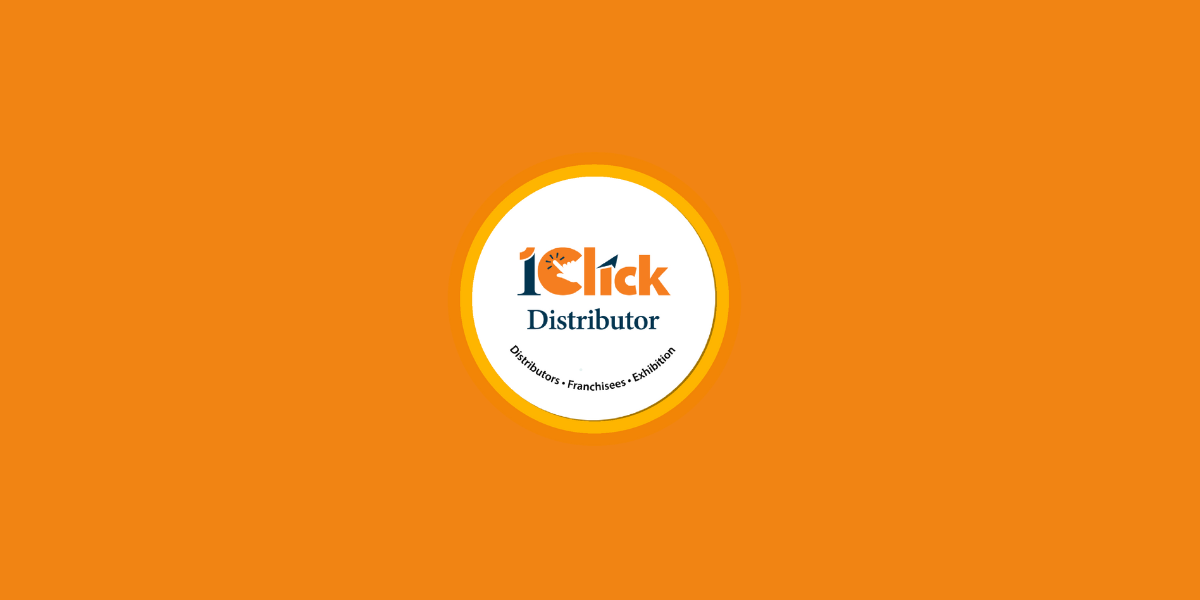Entering the FMCG (Fast-Moving Consumer Goods) distribution business in India can be highly lucrative given the consistent demand for essential products. Here are some key aspects to consider:
Key Products in FMCG Distribution
Food and Beverages: This includes packaged foods, snacks, dairy products, beverages (juices, soft drinks, tea, coffee), and frozen foods.
Personal Care Products: Items such as soaps, shampoos, skincare products, deodorants, and cosmetics.
Household Care Products: Cleaning agents, detergents, sanitary products, and other home care items.
Health and Wellness Products: Vitamins, supplements, health drinks, and other wellness-related items.
Baby Care Products: Diapers, baby food, baby skincare products, etc.
Steps to Start an FMCG Distribution Business
Market Research: Understand the local market demand, identify potential brands and products that are popular, and study competitors.
Business Plan: Develop a detailed business plan outlining your target market, investment, projected sales, and marketing strategies.
Legal Formalities: Register your business, obtain necessary licenses (such as GST registration), and comply with local regulations.
Choosing Products and Brands: Select reliable and popular FMCG brands to distribute. Consider partnering with companies like Hindustan Unilever, ITC, Nestle, and Procter & Gamble.
Logistics and Storage: Set up a warehouse with proper storage facilities to manage inventory. Plan logistics for efficient product distribution.
Sales and Marketing: Build a strong sales team, establish relationships with retailers, and implement effective marketing strategies to promote the products.
Technology Integration: Utilize inventory management software and other digital tools to streamline operations and track sales.
Investment and Profit Margins
Initial Investment: The investment can vary significantly based on the scale of operations, product range, and location. It includes costs for warehousing, transportation, staffing, and initial inventory.
Profit Margins: FMCG distribution typically offers profit margins ranging from 5% to 20%, depending on the product type and brand agreements .
Advantages of FMCG Distribution
Steady Demand: FMCG products are essential for daily use, ensuring consistent demand.
Diverse Product Range: The wide variety of products allows for diversification and catering to different market segments.
Scalability: The business can be scaled up by expanding the product range, increasing the distribution network, and entering new geographic markets.
Challenges in FMCG Distribution
Competition: The FMCG sector is highly competitive, requiring strategic planning and strong market presence.
Inventory Management: Efficient inventory management is crucial to avoid overstocking or stock outs.
Logistics: Ensuring timely and cost-effective delivery of products can be challenging, especially in remote areas.

